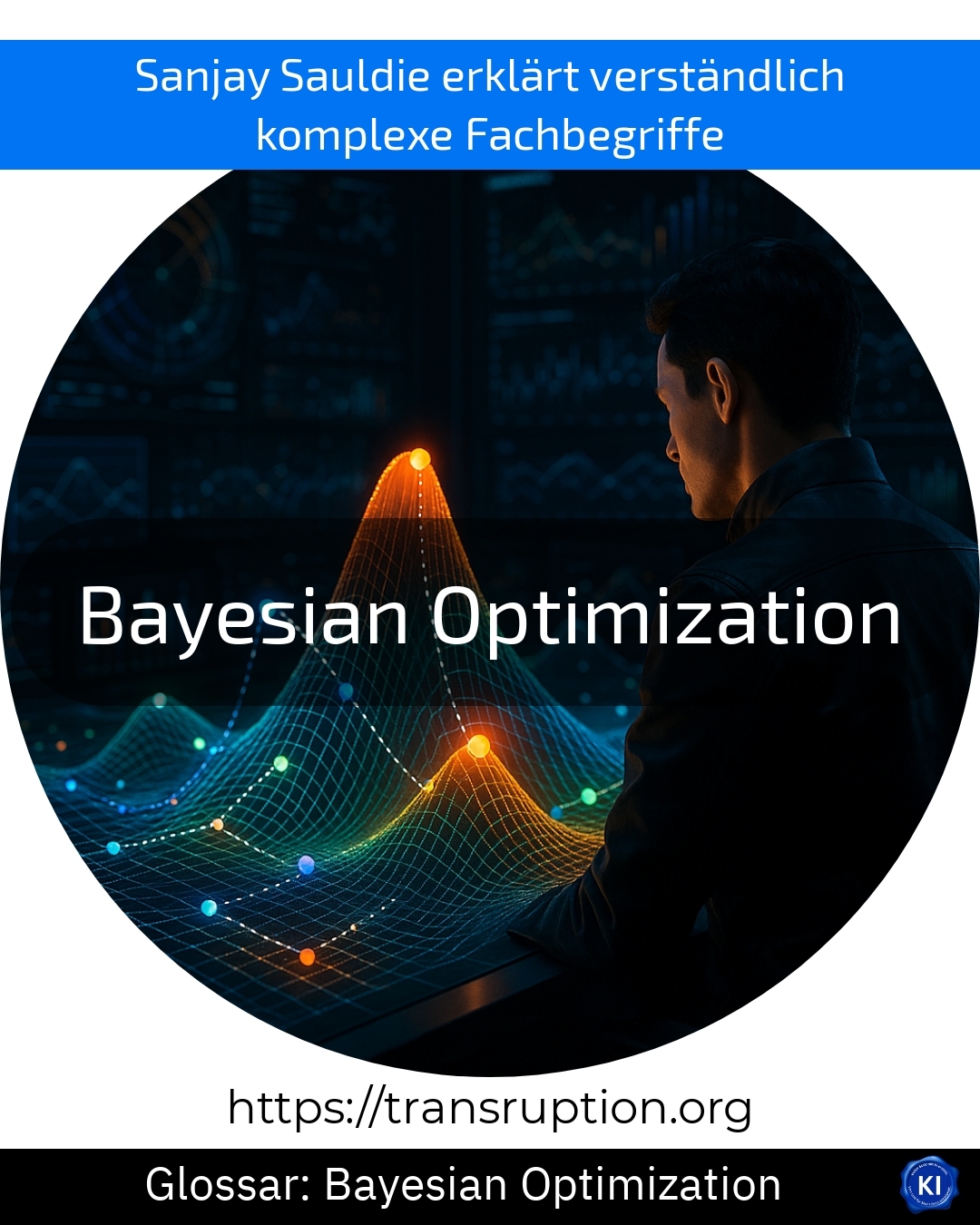Bayesian optimisation is a term that originates primarily from the fields of artificial intelligence, big data and automation. It describes a clever method for finding the best settings or solutions for a complex problem as quickly and efficiently as possible - without having to make thousands of attempts.
Imagine you want to automate a process in your factory. There are many settings, for example speed, temperature or pressure. It would take weeks to test all the settings once. This is exactly where Bayesian Optimisation comes into play: using mathematics and probabilities, this method allows you to calculate which settings should be tried out next in order to find the best combination as quickly as possible.
An illustrative example: A company wants to train an artificial intelligence for image processing. Instead of testing countless settings, it relies on Bayesian optimisation. After just a few runs, the team finds out which parameters work best - and saves time and money in the process.
Bayesian Optimisation is particularly valuable when there are many possibilities and each test costs a lot of time or resources. This is why this technique is becoming increasingly important in modern industry and for data-driven innovations.















